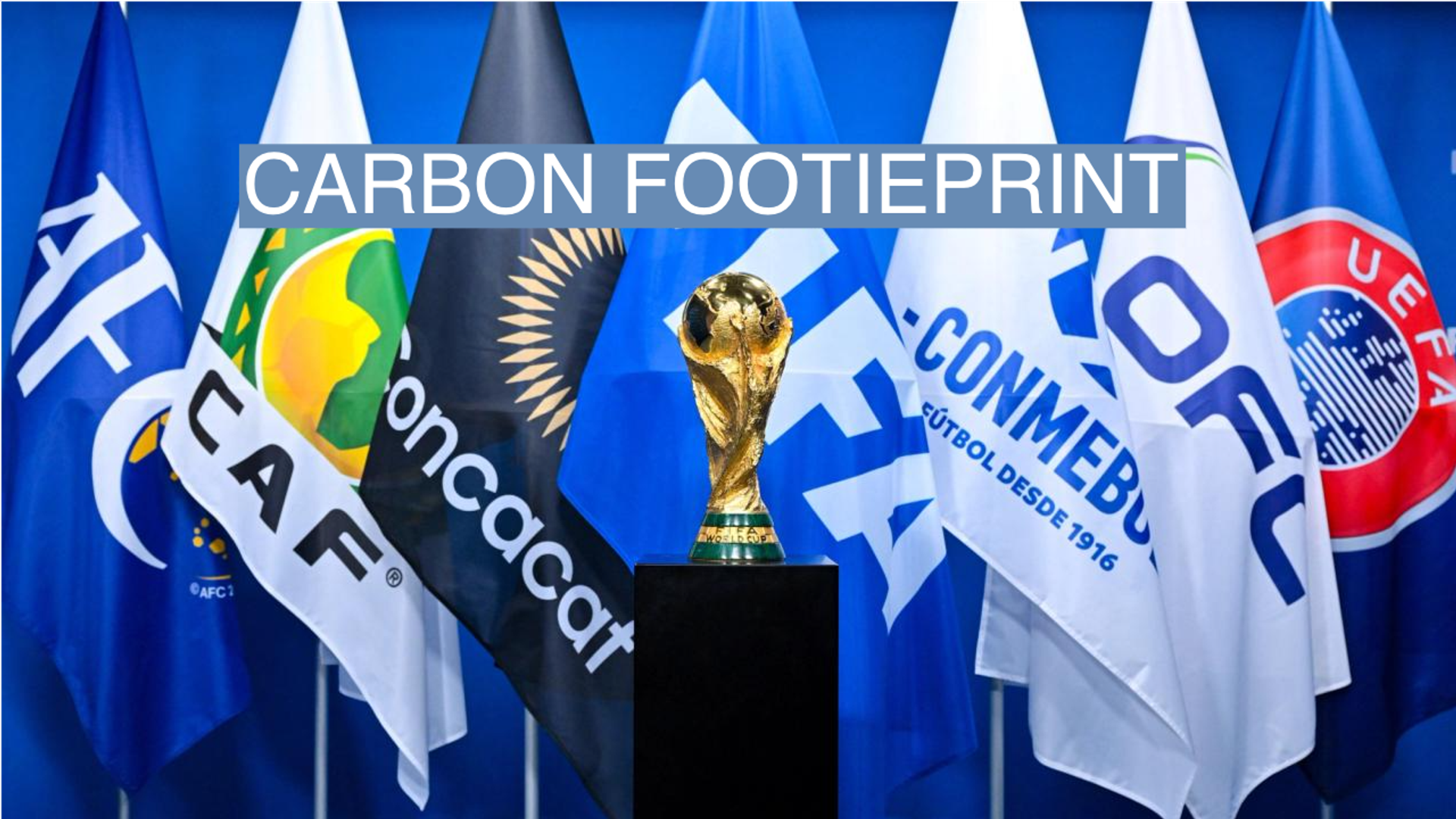SIGNALS
FIFA made false statements about the reduced environmental impact of the 2022 World Cup in Qatar, Swiss regulators found. FIFA had said that it would offset visitors’ flight emissions and had proposed several other initiatives — including emission-free mobility to the venues — to make the event carbon neutral. But the Swiss Fairness Commission found that FIFA could not offer proof of its claims and warned the governing body from making similar “unsubstantiated claims” in the future. “It’s time that sport, and its governing bodies like Fifa, used their power and position to accelerate the low-carbon transition, instead of delaying it and misleading the public in the process,” the head of a UK-based environmental group said.
The upcoming World Cup in North America is expected to contribute close to 5.5 million tons of CO2 to the atmosphere — roughly as much as Fiji emits in a year, and 60-80% of that is associated with travel alone. Although no perfect solution exists for one of the most-attended sporting events in the world, environmental advocates have proposed FIFA consider the geographical compactness of sporting infrastructure and the availability of emissions-free public transportation when choosing a host country. According to experts, cities like Buenos Aires, Istanbul, and London have the capacity to host the tournament by themselves. FIFA shouldn’t use “completely and utterly unreliable” carbon offsets as a “get out of jail free card,” the head of an environmental group said.
Longer and hotter summer heatwaves, like the ones that devastated much of southern Europe and northern Africa this year, will be a burden for already water-stressed regions. On hot summer days, soccer fields require as much as 22,440 liters per day of irrigation, roughly equivalent to the average daily water use of 75 people in the U.S. With matches in 2026 and 2030 due to be held in cities that experienced 100 Fahrenheit degree weather this summer, the water demand could be even higher. “I think fans particularly don’t necessarily realise how much water is consumed in football,” the head of a soccer sustainability NGO said. “I think it’s a massive issue.”

